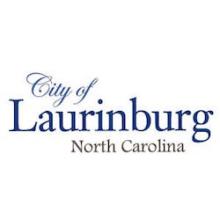Stafford County, VA, Releases RFEI; Responses Due April 25th
Stafford County, Virginia, has issued a Request for Expression of Interest (RFEI) as they search for potential partners interested in working with them to improve local connectivity. Responses are due April 25.
In addition to searching for ideas to bring high-quality Internet access to unserved and underserved households in the county, the community wants to connect 26 of its own facilities to an existing publicly owned I-Net. The I-Net currently serves county and school buildings but the unconnected facilities are served by separate cable connections.
The county's RFEI states that they are interested specifically in bringing speeds to the county that meet or exceed the FCC definition of broadband, which is 25 Megabits per second (Mbps) download and 3 Mbps upload.
Stafford County
The county has grown considerably in recent years and local leaders want to support economic development with fast, affordable, reliable connectivity in both rural and urban areas of Stafford County’s 277 square miles. Located in the northeast part of the state between the Washington DC area and Richmond, many residents work in the beltway. Unemployment is only four percent in the county where the population is approximately 135,000. During the past ten years, more jobs have popped up in Stafford County, a trend community leaders hope to continue.
Several federal employers have facilities in Stafford County, including the FBI, the Marine Corps Base Quantico, and the DEA. Some of the other employers are Geico Insurance, Intuit, and Northrup Grumman. The high tech industry is growing in the area, especially the number of new entrepreneurial businesses.
Stafford County is open to ideas and encourages respondents to consider all types of technologies including Fiber-to-the-Home (FTTH), fixed wireless, satellite, or a combination of different types of technologies.
Important dates:
Deadline for Questions: April 13, 2017
Responses Due by 3:00 p.m.: April 25, 2017
Review of responses completed by County: May 19, 2017
Read the RFEI at the city's website.




